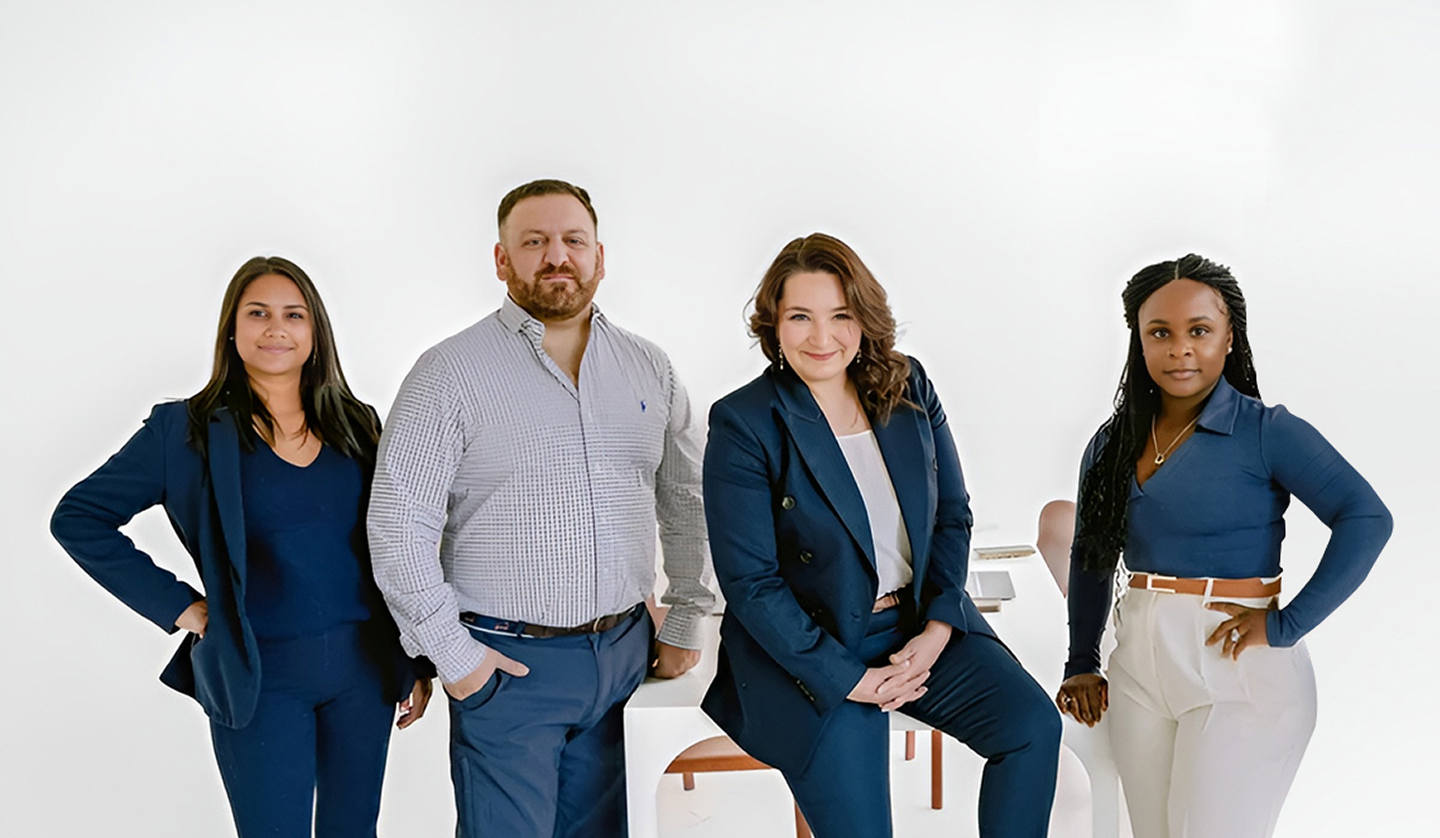Brain injuries can result in a range of physical, cognitive, and emotional impairments, which can significantly impact an individual’s quality of life. Treatment for brain injuries is multidisciplinary, and involves a range of healthcare providers who specialize in various aspects of rehabilitation. In this article, we will discuss some of the different types of brain injury providers and the treatments they offer.
Neurologists are medical doctors who specialize in the diagnosis and treatment of conditions that affect the brain and nervous system. They play a critical role in the treatment of brain injuries, as they can help identify the location and severity of the injury and develop a treatment plan based on the specific needs of the individual. Neurologists may prescribe medications to manage symptoms such as pain, seizures, and spasticity. They may also perform procedures such as nerve blocks or botulinum toxin injections to alleviate symptoms.
Neurosurgeons are medical doctors who specialize in the surgical treatment of conditions that affect the brain and nervous system. In cases where a brain injury requires surgical intervention, such as the removal of a blood clot or the repair of a skull fracture, a neurosurgeon will be involved in the treatment process.
Physical therapists are healthcare professionals who specialize in the rehabilitation of individuals who have experienced physical impairments due to injury or illness. In the case of a brain injury, physical therapists can help individuals regain strength, balance, and coordination, and improve their ability to perform activities of daily living. Physical therapists may also use assistive devices such as braces or prosthetics to help individuals with physical limitations.
Occupational therapists are healthcare professionals who specialize in the rehabilitation of individuals who have experienced physical, cognitive, or emotional impairments. In the case of a brain injury, occupational therapists can help individuals learn new skills and strategies to perform daily activities such as dressing, grooming, or cooking. Occupational therapists may also use adaptive devices or modifications to the individual’s environment to make daily activities more accessible.
Speech-language pathologists are healthcare professionals who specialize in the diagnosis and treatment of communication disorders, including speech, language, and cognitive disorders. In the case of a brain injury, speech-language pathologists can help individuals improve their communication skills, such as speech production, language comprehension, and social communication. They may also work with individuals to improve cognitive function, such as memory and attention.
Psychologists are healthcare professionals who specialize in the diagnosis and treatment of mental health disorders. In the case of a brain injury, psychologists can help individuals cope with the emotional and psychological effects of the injury, such as depression, anxiety, or post-traumatic stress disorder (PTSD). They may use a variety of therapy techniques, such as cognitive-behavioral therapy (CBT), to help individuals develop coping strategies and improve their overall well-being.
Social workers are healthcare professionals who specialize in the provision of social services to individuals and families in need. In the case of a brain injury, social workers can help individuals and their families navigate the healthcare system, access community resources, and connect with support groups or advocacy organizations. Social workers may also provide counseling or support to help individuals cope with the social and emotional impacts of the injury.
Recreational therapists are healthcare professionals who use recreational activities such as art, music, or sports to help individuals improve their physical, cognitive, and emotional well-being. In the case of a brain injury, recreational therapists can use activities to help individuals improve their fine motor skills, memory, or attention, and provide opportunities for social interaction and community integration.
Assistive technology specialists are healthcare professionals who specialize in the provision of assistive devices and technologies to individuals with disabilities. In the case of a brain injury, assistive technology specialists can help individuals access devices such as communication aids, computer interfaces, or mobility aids that can help them better manage their daily activities and improve their independence.
In addition to these healthcare providers, brain injury treatment may also involve other specialists such as nutritionists, rehabilitation counselors, or vocational rehabilitation specialists, depending on the specific needs of the individual. Treatment for brain injuries is often coordinated by a multidisciplinary team, which may include several of these providers working together to develop a comprehensive treatment plan.
Assistive technology can be used to help individuals with a brain injury compensate for any deficits caused by the injury. For example, a hearing aid or cochlear implant can be used to improve hearing, while a mobility aid such as a wheelchair can be used to improve mobility. Technology such as communication boards or tablets can help individuals with language and communication difficulties, while adaptive devices such as grips or braces can help individuals with physical limitations.
Research into the treatment of brain injuries is ongoing, and there are several experimental treatments that may be used in the future. Some of these treatments include stem cell therapy, which involves the injection of stem cells into the brain to promote healing, and transcranial magnetic stimulation, which involves the use of magnetic fields to stimulate brain cells and improve function.
